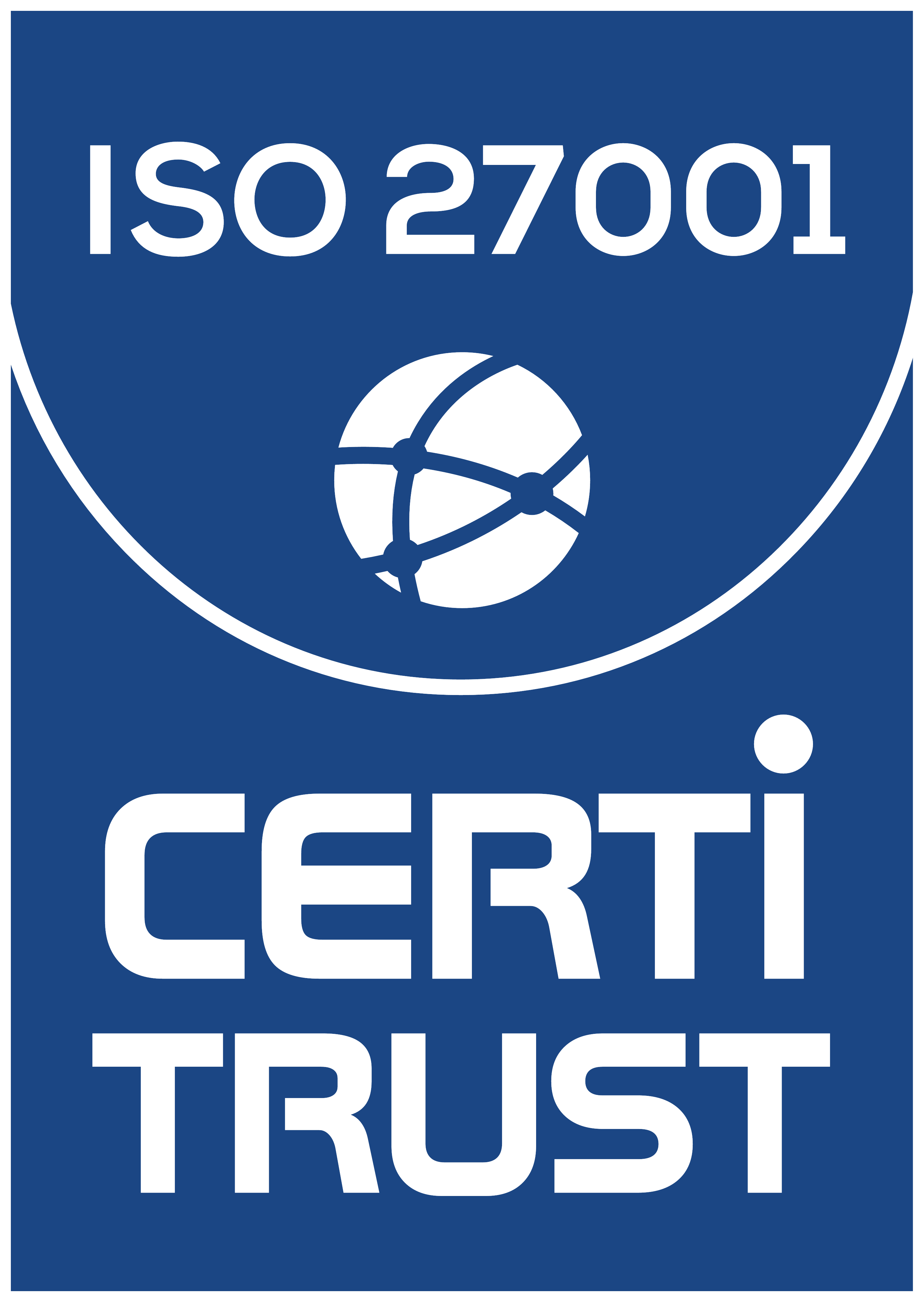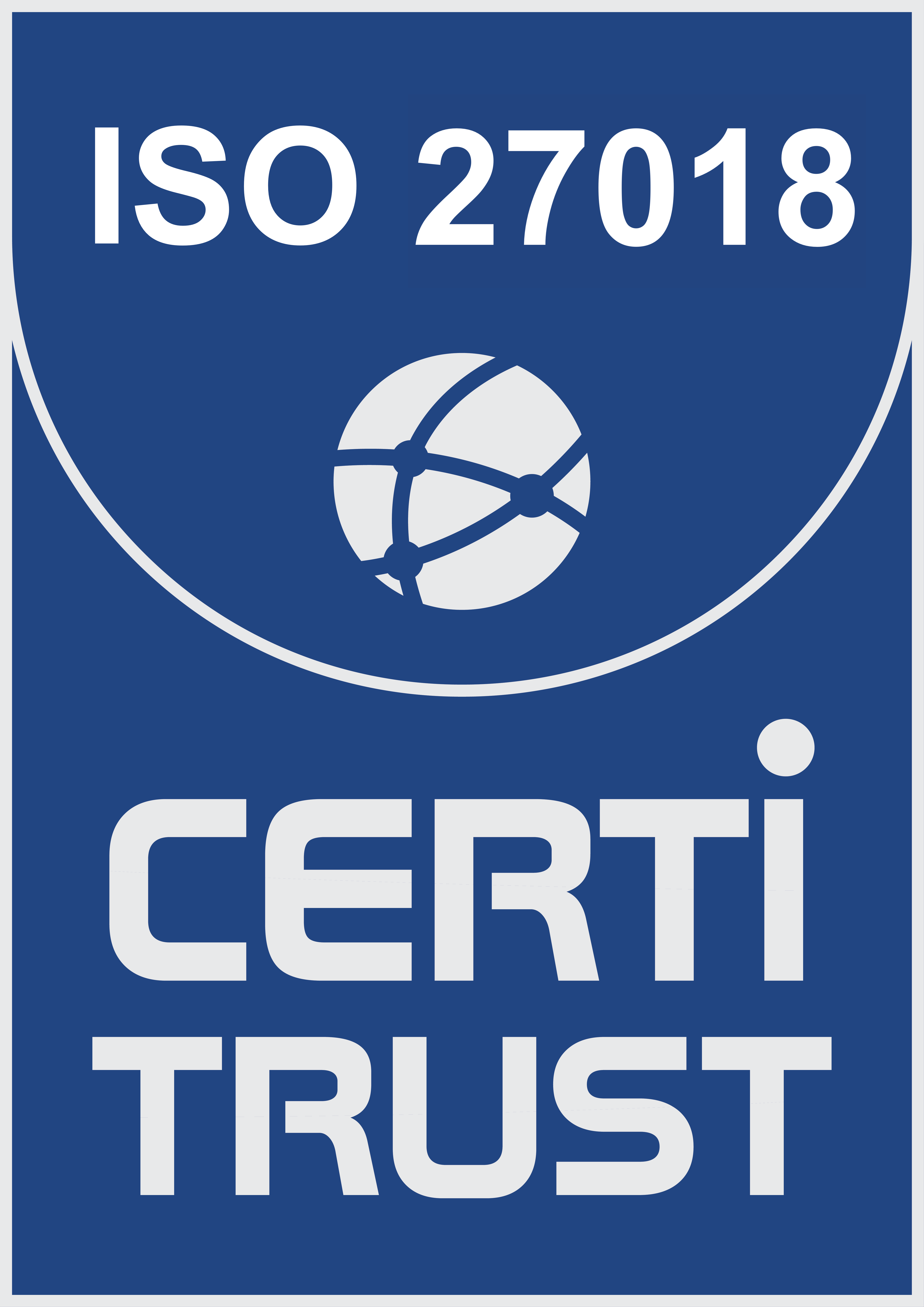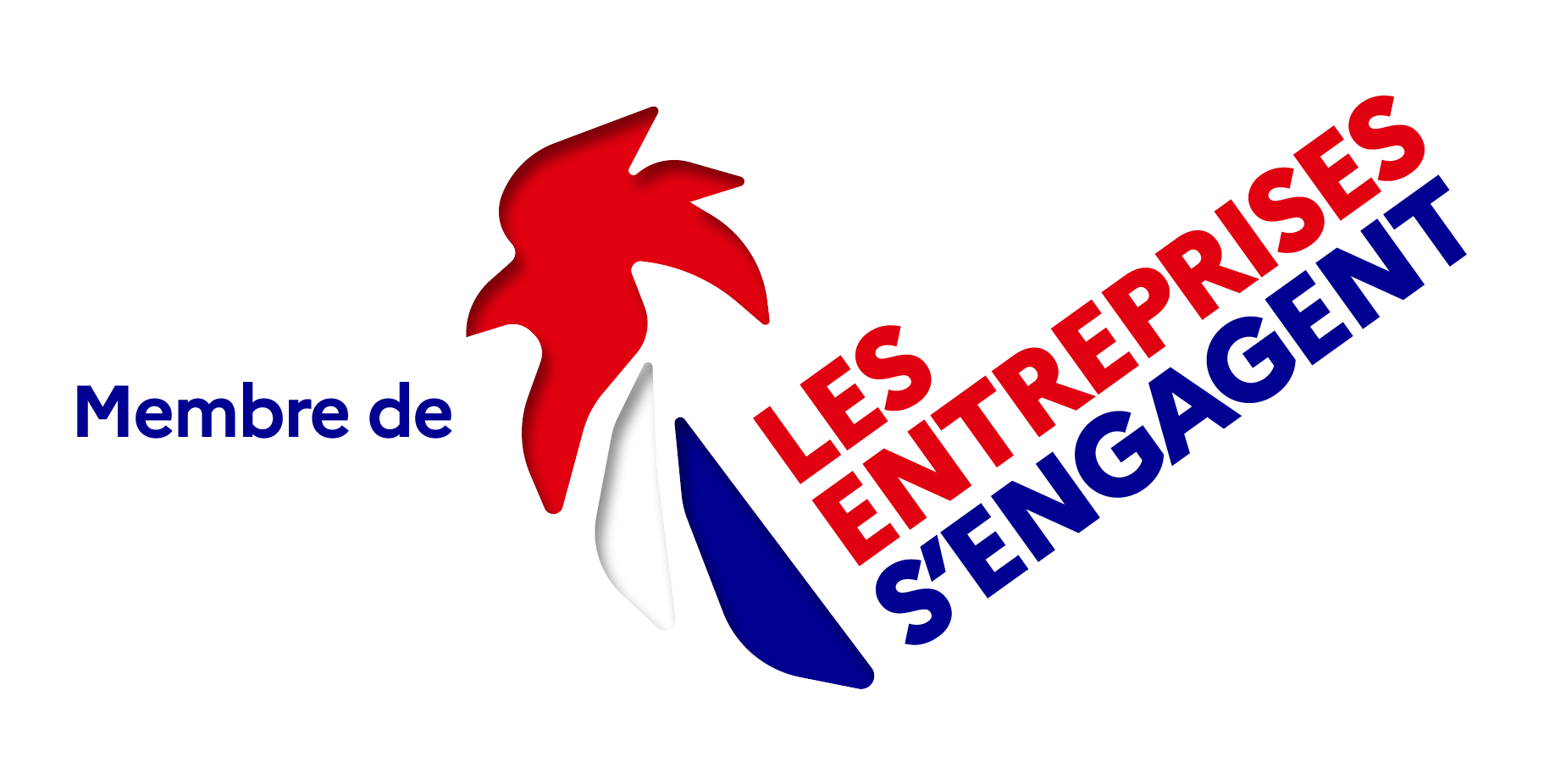Ethics and compliance: the digital revolution ahead
March 10, 2022
I have been active in the field of Ethics and Compliance over the last 20 years and I see a very promising revolution ahead which will be supported by a systemic digitalization of compliance processes.
Employees expect their company to walk the talk
While companies are expecting their employee to behave ethically and to abide by compliance rules, we see more and more employees questioning the integrity of their companies. If employees easily accept the ethical injunction of their management and to conform to numerous compliance rules they want, in return, to be sure that their company behaves with integrity in all its operations worldwide.
Digitalization of compliance processes as an answer to a legitimate expectation
As employees want to see their organization walking the talk, companies must demonstrate that integrity is really embedded in both strategic decisions and day-to-day business operations. Clearly digitalization of compliance processes is a very significant answer to this legitimate expectation.
But why does using software and digital platforms to record compliance obligations contributes to demonstrate a company’s willingness to do business with integrity? Let me describe three complementary reasons.
1. Easily integrating compliance issues in daily business operations
The first reason is technical. Most business operations are already recorded with ad-hoc computer applications. Introducing compliance data in business records means embedding compliance in daily business operations. To use but one example, the purchasing department already collects a large amount of data regarding their suppliers. Introducing in the record compliance obligations of suppliers – for instance regarding modern slavery – means that it will be easier to monitor the compliance of suppliers, which is a legal requirement in many countries but also a public opinion expectation worldwide.
2. Easily adapting compliance requirements to different legal environment
The second reason is legal. At world level, compliance obligations might vary significantly from one country to the other, and even be contradictory. This is true in the case of discrimination. Most countries have decided to combat discrimination, especially in the workplace. Let’s take an example regarding training. Some countries have decided that when signing the attendance list trainees should indicate their race. This is to allow the human resources department to ensure that no discrimination is made regarding training access. In other countries mentioning race in a data base is prohibited by law. An intelligent digitalization of training data allows the human resources department of a company operating worldwide to ensure a global monitoring of training while respecting different national laws.
3. Fostering compliance efficiency
The third reason is efficiency. Legal and societal compliance is less and less mono-sectoral and growingly requires a cross sectoral approach. An example will help explain what I mean. If, overnight, a public official of a foreign country is blacklisted for criminal conduct, how can a large company ensure that no one work with this person anymore? A centralized digital platform will allow the Chief Compliance Officer or the General Counsel to explore all the various data bases of the organization: this black-listed official may be in the supplier base, or the client base or simply a prospect with whom no contract has been signed yet. He may also be shareholder in a joint venture, or a board member of an NGO with whom the company works. An intelligent digital platform will allow a systemic search in a great variety of data bases which are usually not compatible and a forensic search in the inbox of all employees.
A proactive digitalization of compliance demonstrates the top management ethical commitment …
When the executive management implements the digitalization of its company compliance, it is obviously a clear indication that the ethical behavior of the organization is taken extremely seriously. It demonstrates the willingness of the company to abide by legal, environmental, and societal requirements in all its business operations at world level and in real time. A proactive digitalization of compliance is probably the strongest demonstration of the top management ethical commitment. In any case, it is the most visible way to respond to the employees’ expectations regarding the integrity of their company.
… toward a more sustainable and ethical economic development.
When companies call on their employees to behave ethically and in a compliant manner, and when employees want their company to demonstrate that ethical values matters and that compliant decisions are taken, the door then is open for a more sustainable and ethical economic development. I find this trend extremely promising.
You might also be interested in







